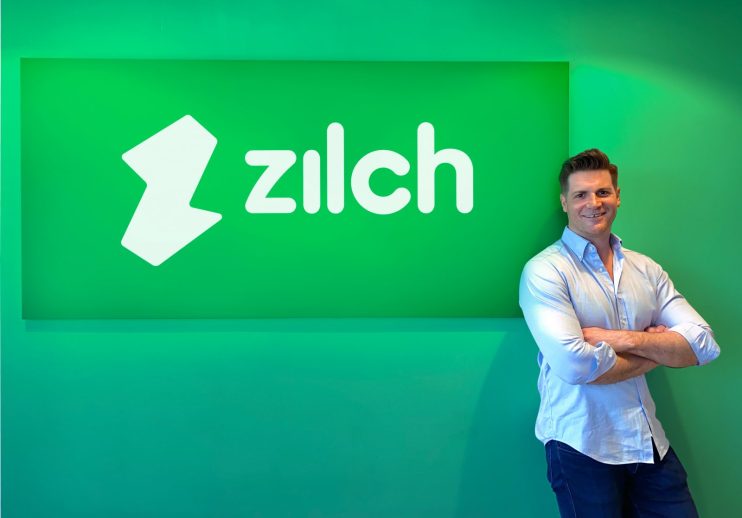BNPL firm Zilch bags $50m as boss predicts looming crisis for ‘checkout button’ rivals

The boss of buy-now pay-later firm Zilch criticised the business model of ‘checkout button’ rivals today and said they would be rocked by an economic slowdown this year, as the London fintech revealed a $50m funding injection to fuel its expansion.
London-based Zilch, which is regulated by the Financial Conduct Authority unlike firms like Clearpay, has now raised $160m at a valuation of over $2bn, after quadrupling its valuation in November last year.
The firm said the funds would now be pumped into growth in the US alongside a hiring and deals push in the year ahead.
Zilch offers a card to consumers and allows them to pay via debit or credit which can be paid off in four instalments, unlike many buy-now pay-later firms which strike deals with retailers and take a cut of transactions.
Boss Philip Belamant said the ‘point-of-sale’ BNPL providers would be hit hardest by a looming recession this year after jostling to undercut each other and strike unprofitable deals with retailers.
“These checkout button businesses like Klarna, they’ve got a couple of problems. The first is that there’s too much competition, right? So it’s become a commodity and the problem with this is that everyone’s been undercutting one another to get the big deals in the markets,” he told City A.M.
“They’ve had a few years of killing their own revenue. And that’s a big problem.”
He added that “insane three or four or five year deals” would now begin to bite as unprofitable transactions are exposed amid an economic downturn.
Klarna, which offers a card and retail banking in some jurisdictions as well as its checkout offering, told City A.M. yesterday that the firm’s UK business is profitable, however, based on a “healthy and sustainable business model, with loss rates less than 1 per cent.”
Firms like Klarna and the wider BNPL market are set to come under the scope of the regulator next year after the Treasury published a framework for this month, which includes bringing products under the remit of the Financial Ombudsman Service and requiring firms to conduct affordability checks on consumers.
Belamant said the combination of regulation, “less access to a cheap and false capital business model” alongside unprofitable transactions would “mean that some of these providers will struggle”.
Usage of BNPL products has swelled in the past two years as shoppers flocked to online platforms, but concerns have grown over the unregulated nature of the products and growing usage amidst a cost of living crunch.
Debt charity StepChange warned last week that there was “rising evidence” that BNPL was being used on essentials.
“Especially at the moment, with the cost of living biting, there is a high risk that people who may be struggling will turn to all available forms of borrowing to try to make ends meet,” Richard Lane, director of external affairs at StepChange said.